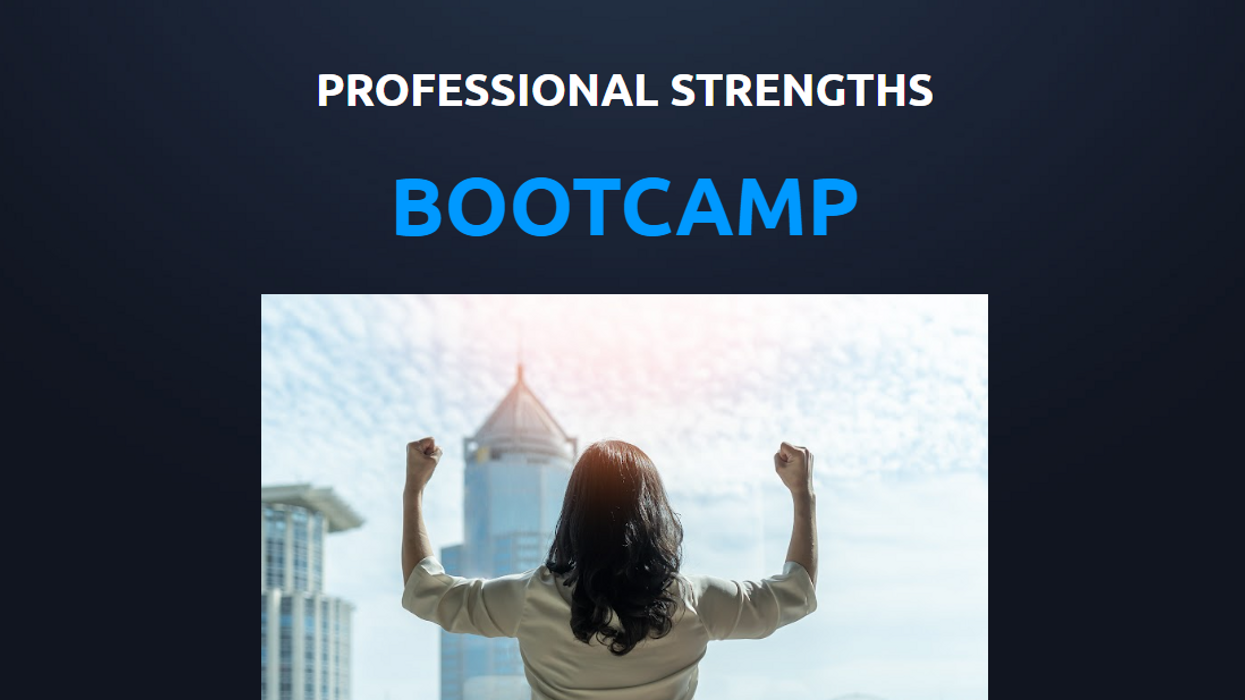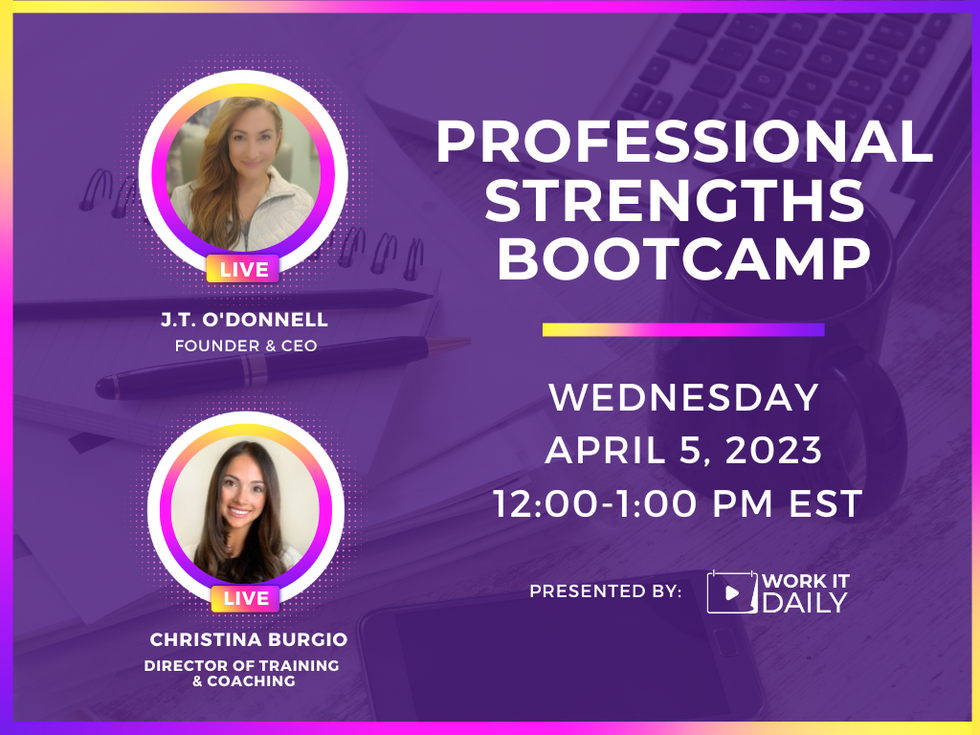Everything You Wanted To Know About KPIs (But Were Afraid To Ask)

How many times does someone use a piece of business terminology which you donât really understand? Everyone else nods sagely, so you think the best thing to do is to nod along sagely as well, instead of asking, âExcuse me, what exactly is a KPI?â
Iâm going to explain what KPIs really are and how they work so that you can discuss them intelligently and make sensible decisions.
Let’s Start With The Acronym

KPI means âkey performance indicator.â There are a number of origin stories. The most popular involves public sector management.
In 1980s Britain, where Margaret Thatcherâs Conservative Party were trying to find ways to run government more like businesses, they came up against the challenge of measuring the performance of organizations that donât, and arenât intended to, make money. So, they started using KPIs to do the job.
KPIs often focus on what happens within processes. Businesses realized that they could use them too. Information technology was becoming available to crunch the numbers. It was the perfect breeding ground for KPIs.
Basic Concepts

KPIs (or âmetricsâ) measure something in numerical terms. Sometimes, organizations try to justify funding requests by âmeasuringâ the unmeasurable. An organization may quantify âengagementâ by counting how many meetings they have with their target audience, how many people were attending the meetings, etc. While this measures âactivity,â does it necessarily measure âengagementâ? How many people pay attention during the meetings? What happens because of these meetings?
When someone presents you with a KPI, ask how itâs calculated or what it is supposed to represent.
Lagging & Leading Indicators

âLagging indicators are used to measure what has happened while leading indicators are used to predict what is going to happen. Lagging indicators, which measure what has happened, are often used as leading indicators, to infer what is going to happen.
Average handling time (AHT) is a good example. It measures the average length of time a contact center agent spends working with each customer, including talk time, hold time, and after-call work. It is based on calls that have been finished, so it can rightly be considered a lagging indicator.
AHT is also used to infer how many calls agents will handle in the future. AHT is an integral part of forecasting and planning. In this way, AHT is also a leading indicator.
When someone quotes a KPI you are unfamiliar with, ask if itâs a lagging indicator or a leading indicator. And if they say itâs a leading indicator, ask why.
Aggregated Metrics

Aggregated metrics or KPIs are those which donât measure something directly, but instead combine a series of other metrics to come up with an overall score. Performance ratings are a typical example.
A contact center agent gets a quarterly performance rating. Her bonus depends on this. It is a combination of her AHT, how many calls she handled in the quarter (productivity), how many hours she worked in the quarter (attendance), and a quality rating based on one call evaluated per week by her supervisor.
Her performance rating doesnât only depend on the four statistics shown above. It also depends on how important the person designing the metric thinks each statistic is. She might have perfect quality scores in all the calls evaluated, but if quality is given a 10% weighting and AHT has a 40% weighting, then her calls being longer than the average will work against her, regardless of her quality scores.
The choice of metrics is also important. Her âperformanceâ depends on AHT, productivity, attendance, and quality. A contact center shift has a finite length, so if AHT goes up, productivity will inevitably go down, so the two metrics are more or less measuring the same thing.
The choice of metrics has an influence on behavior. I am an agent. If I know I am going to lose my bonus spending too long trying to help a customer, then I will rapidly escalate him to Tier 2 if I canât solve his problem quickly.
“Every Metric Has Its Place.”

To understand a metric, you need to know where it sits in the process you are measuring. Traditionally, there are four places where they can sit.
Inputs: They measure what happens to contributing factors before the process starts. Contact center classics are ânumber of calls offeredâ or âright party connects.â On the HR side, they can include âagent churn.â
Process: They measure what actually happens during the process. Most contact center KPIs are “processâ KPIs. Classics in the contact center world include service level (percentage of calls answered within a specified number of seconds) or AHT.
Outputs: This is what the process produces as complete units of finished work. The contact center âclassicâ is âproductivity,â the number of calls handled. Output measures should be hard numbers. If an âoutputâ measure is a fuzzy aggregate KPI like âengagement,â then itâs worth asking what exactly the process produces.
Outcomes: These are intended to measure the consequences of the process. They do not always correlate with outputs. NPS scores are a typical example. High-tech contact centers may use customer sentiment scores. Outcome KPIs are more likely to be aggregated, which means they may be more subject to manipulation or bias. If youâre not sure what an outcome KPI means, try asking what it measures or how it relates to the process itâs measuring.
Wrapping Up
Done right, KPIs are a valuable tool to understand how processes are performing. They do need to be well considered and applied intelligently. If youâre looking to overhaul your KPIs and would like to bounce a few ideas around, why donât we get in touch?




























